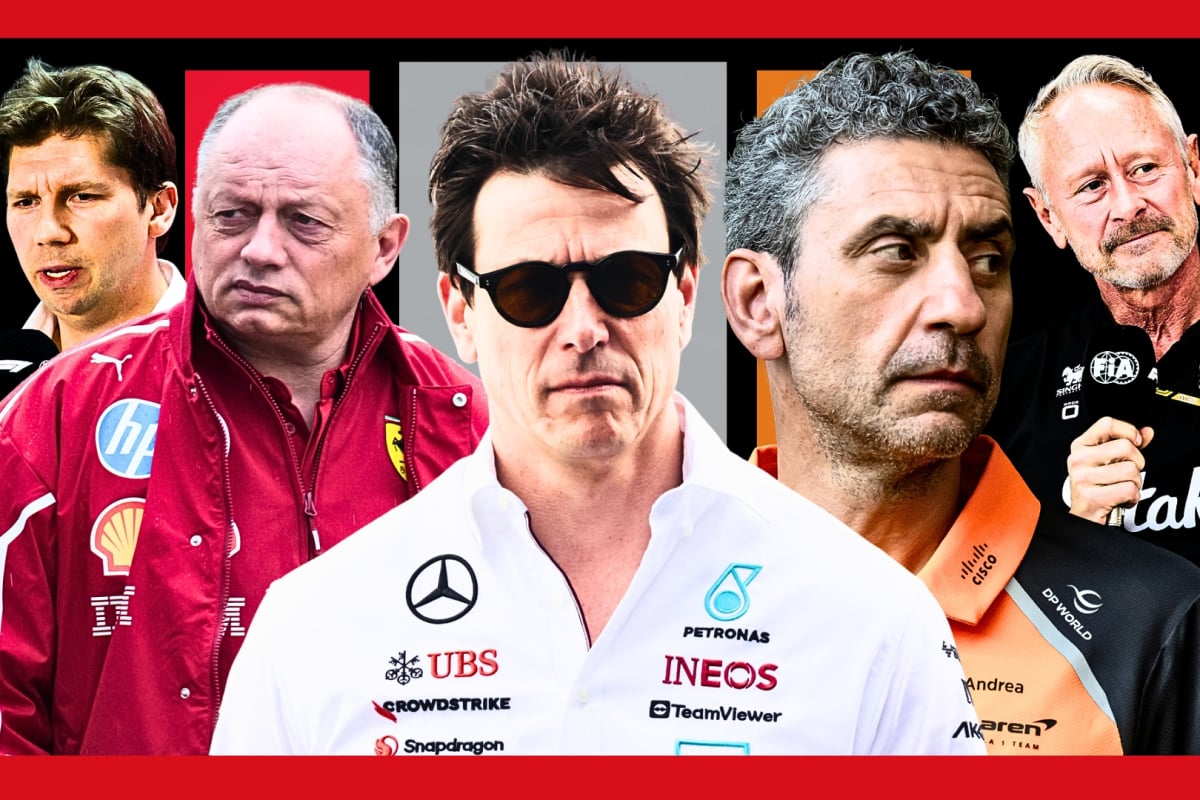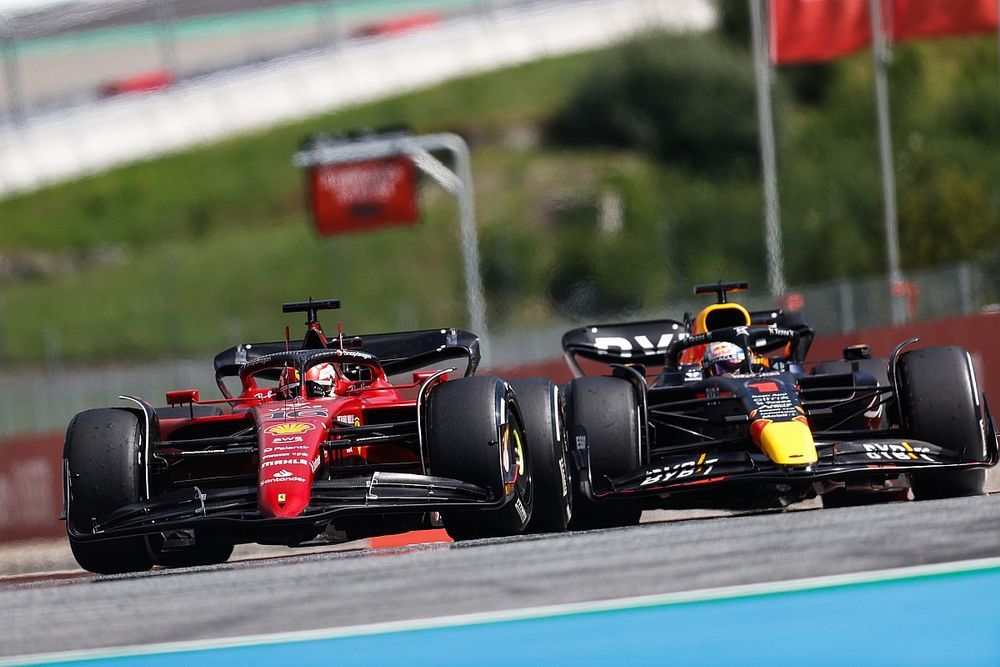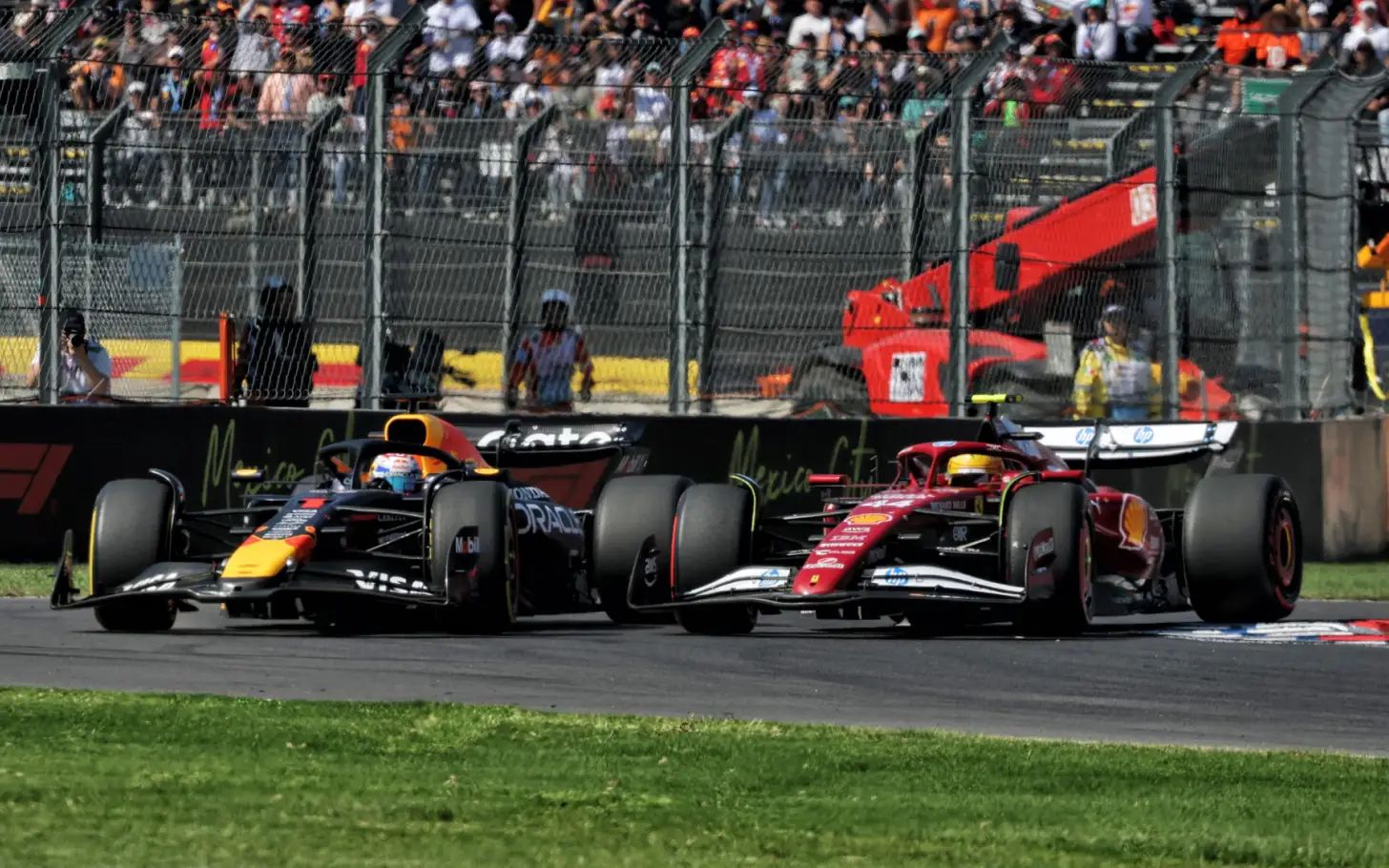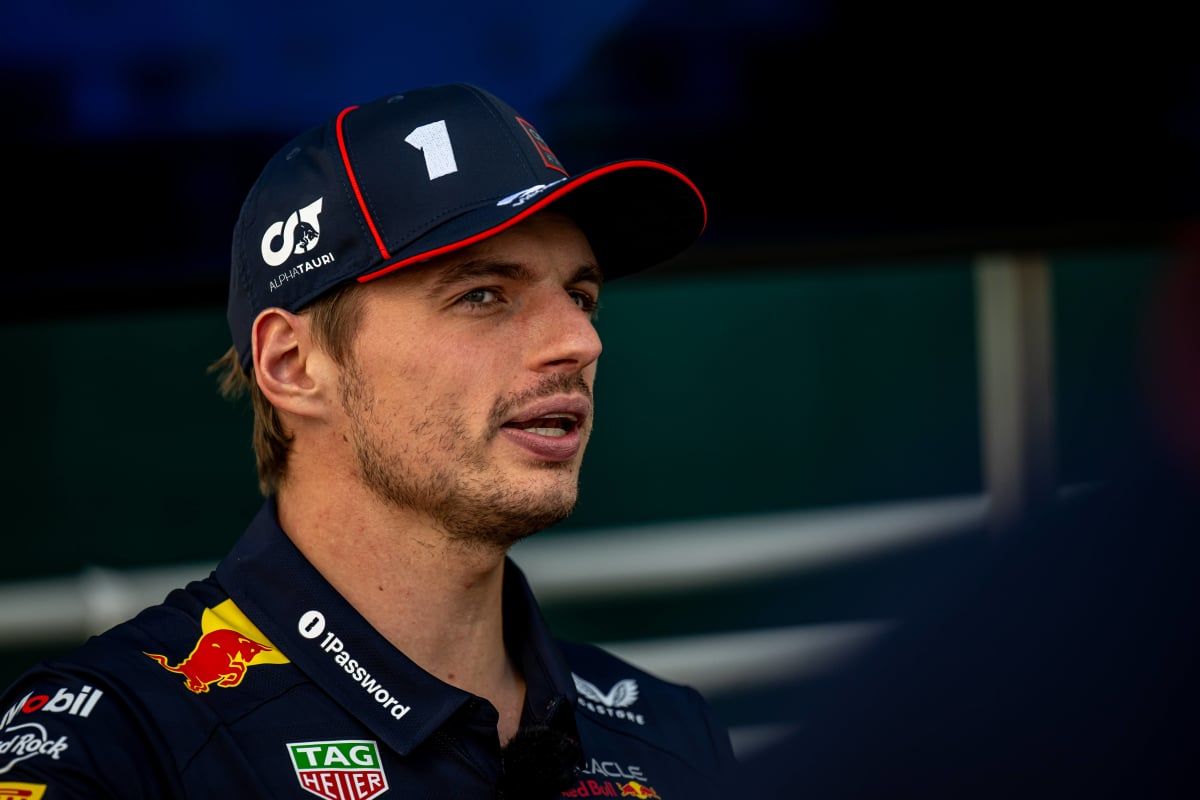Toto Wolff forces Ferrari to face brutal team boss r… real life
The Formula 1 world is rarely dull, but the recent simmering tension between Mercedes’ Toto Wolff and Ferrari, particularly its principal Frederic Vasseur, has brought a fascinating leadership dynamic to the forefront. While veiled in the polite veneer of professional competition, Wolff’s actions and pronouncements have forced Ferrari to confront a stark reality: the modern demands of a top-tier F1 team require a ruthless, strategically astute team boss, a profile that may not fully align with Ferrari’s historical approach. The current conflict isn’t simply a spat between two powerful figures; it’s a microcosm of the evolving landscape of Formula 1 management, highlighting the increasing pressure to deliver consistent performance in an era of heightened competition.
Wolff’s success at Mercedes isn’t solely attributable to the team’s technical prowess, but also to his unflinching leadership style. He’s built a culture of relentless pursuit of excellence, fostering a fiercely competitive environment that pushes the boundaries of innovation and performance. This approach, often characterized as ruthless efficiency, has delivered eight consecutive constructors’ championships, a feat unmatched in recent F1 history. His strategic maneuvering, both on and off the track, is legendary. He wields significant influence over the sport’s governing body, the FIA, and expertly navigates the complex political landscape of Formula 1, securing advantageous regulations and partnerships for his team. This power and influence are what now cast a long shadow over Ferrari.
Ferrari, on the other hand, boasts a rich history steeped in tradition and passion. However, this rich legacy has, at times, been a double-edged sword. The team’s identity is deeply intertwined with its Italian heritage, often leading to a more emotional and less strategically ruthless approach to management compared to its rivals. This has, in recent years, resulted in inconsistency, high-profile errors, and a frustrating inability to consistently challenge for championships. While Vasseur represents a departure from some of Ferrari’s more traditional leadership styles, he still faces the formidable task of integrating a more aggressive, data-driven culture within a deeply established organization.
Wolff’s influence is subtly, yet powerfully, impacting Ferrari’s predicament. His strategic decisions – from shrewdly negotiating contracts to influencing regulatory changes – often leave Ferrari scrambling to keep pace. This is not overt aggression; it’s a masterful display of wielding the levers of power within the F1 ecosystem. For example, Wolff’s early adoption and advocacy for certain technological advancements have given Mercedes a significant edge, forcing Ferrari to play catch-up. This constant pressure highlights the stark difference in their management philosophies: Mercedes’ proactive, sometimes ruthless pursuit of advantage versus Ferrari’s more reactive, historically emotionally-driven approach.
The recent on-track battles between Mercedes and Ferrari further exacerbate the tension. While Ferrari’s car showed initial promise, inconsistencies in performance and strategic blunders have allowed Mercedes to consistently outperform them. This performance discrepancy serves as a stark reminder of the necessity for a highly efficient and strategically astute leadership. Wolff’s public pronouncements, while often carefully worded, carry an implicit message: Ferrari’s need to adopt a more modern, aggressive approach to team management. He isn’t overtly criticizing Vasseur directly, but the implication is clear: the performance gap underscores the limitations of a more traditional, less ruthlessly efficient management style.
In essence, Wolff is forcing a reckoning within Ferrari. He’s not just a competitor on the track; he’s a symbol of a new era in F1 team management, an era demanding ruthless efficiency, relentless innovation, and strategic mastery. While Ferrari possesses the talent and resources to compete at the highest level, the inherent culture clash and the contrasting leadership styles highlight the critical importance of adapting to the ever-evolving dynamics of the sport. The future will likely determine whether Ferrari can successfully bridge the gap between its illustrious past and the demanding realities of modern F1, a reality largely shaped by the assertive, strategic leadership of Toto Wolff.




